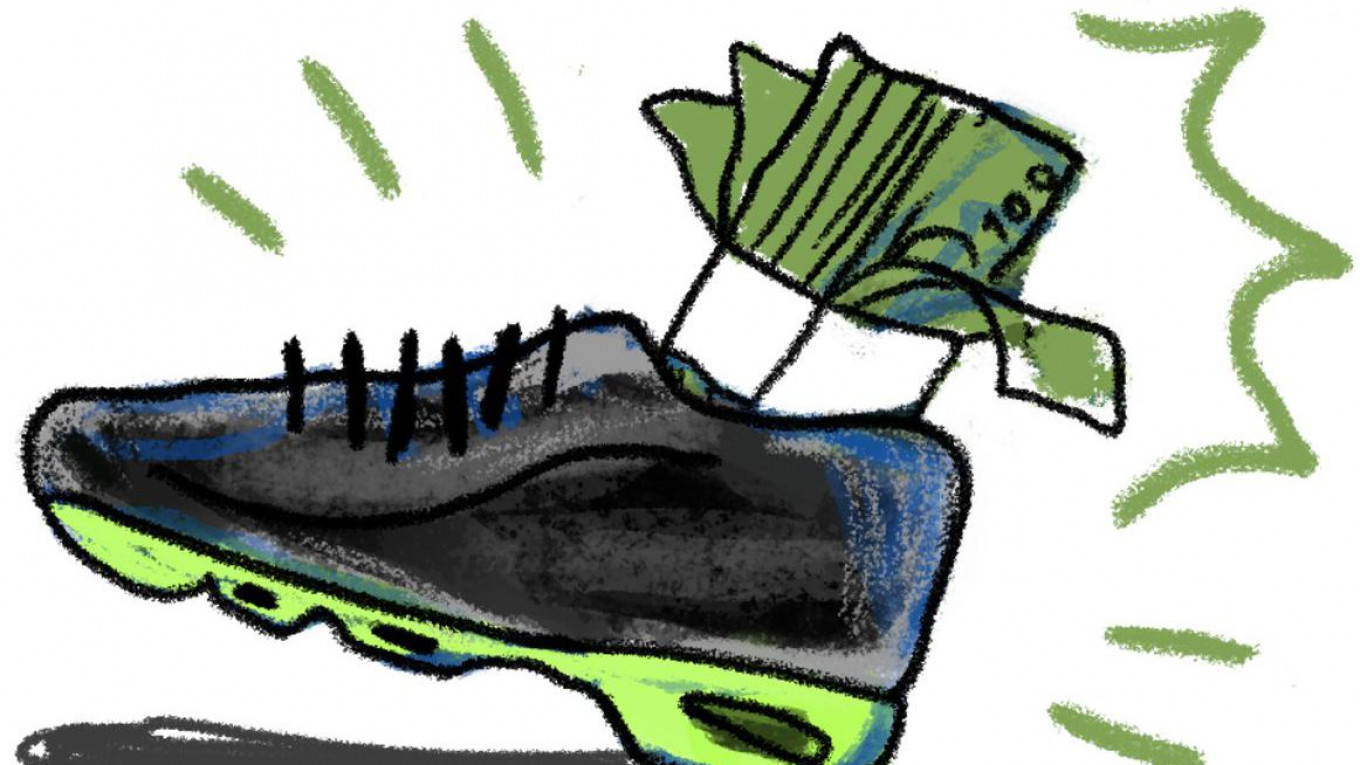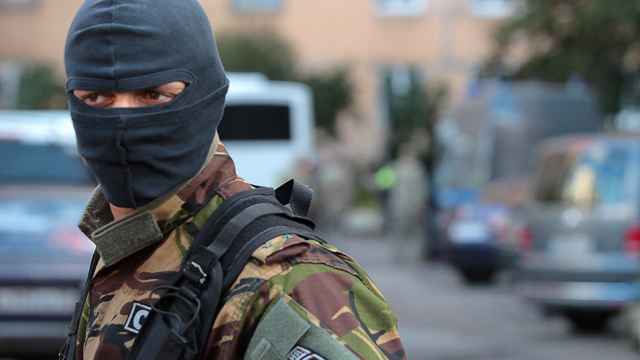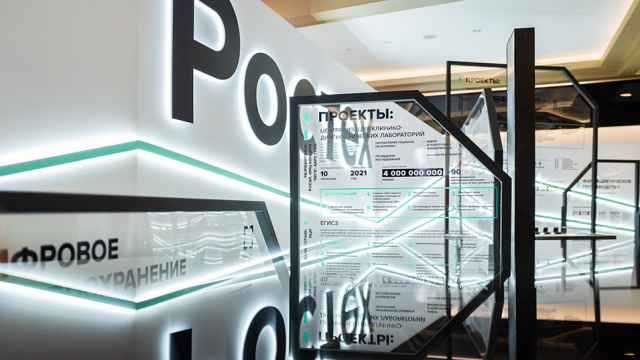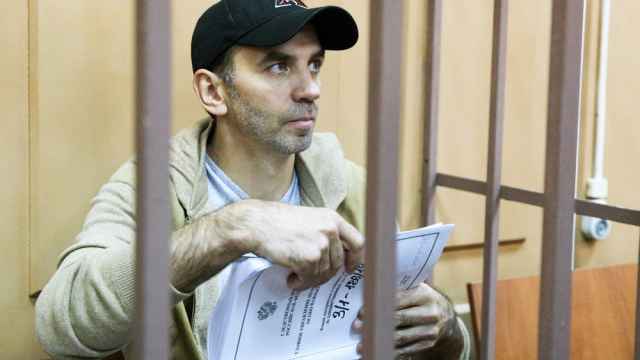Just over a month ago, opposition leader Alexei Navalny re- leased an investigative documentary making major allegations of corruption against Russian Prime Minister Dmitri Medvedev. Since then, the video has garnered more than 18.5 million views, an unprecedented feat for an anti-corruption organization.
The video has left official Moscow flummoxed. Medvedev has only responded to the video now. He said it was “aimed at achieving a specific political result,” but did not respond to any of Navalny’s allegations.
Popular video bloggers — hardly a traditional bastion of political activism — are joking about corruption. Vkontakte, the country’s popular social network, is now filled with content lampooning crooked politicians. Russians are also hotly debating corruption at work and even on public transportation.
The Navalny investigation touched on a sore spot. It detailed how various acquaintances of the prime minister had created a network of nonprofit foundations into which oligarchs channeled money to build and maintain luxurious mansions, yachts, and vineyards for Dmitry Medvedev’s personal enjoyment.
Some of the claims are particularly jarring. The report alleges that a plot of land in a prestigious and extremely expensive suburb of Moscow was purchased for just 3 percent of its actual value. And the government for years has been “green lighting” the personal business projects of oligarchs who funnel money into foundations directly benefiting Medvedev.
The story that Navalny’s film tells about Medvedev is very similar to that of former Ukrainian President Viktor Yanukovych, whose corruption led to widespread public outrage in Ukraine.
High-level corruption has become the norm in former Soviet republics. Yanukovych and Medvedev just want to “live grandly” — or at least “no worse than others” live. The “others” in this case are oligarchs, to whom such political leaders feel it is only natural to compare themselves.
The same thing happens at other levels of government too. Residents from one of Moscow’s central districts unsuccessfully fought against construction in a local park. Local authorities sided with the developers.
An investigation by Transparency International Russia revealed the reason. Fifteen years earlier, the authorities had granted permission to build a kindergarten at the site, stipulating that no other form of construction was admissible.
Two years ago, however, firms with close ties to one of Moscow’s deputy mayors, became shareholders of the company renting that land. Soon afterward, municipal authorities granted permission to construct an apartment building on the site. The land’s value shot up by 900 percent.
It would be logical for the mayor to fire his deputy for such conduct, but the official remains at his post. The same is true of Medvedev.
And these are only few (albeit high-profile) examples of how tens of thousands of Russian officials operate on every government level.
They engage in rent-seeking, attempting to earn money illegally from the market segments they are entrusted to regulate. Some officials have their “favorite” firms to whom they casually grant licenses, permits, subsidies, and state orders. As a result, these firms may pay off the official for keeping regulators and inspectors at bay, thus enabling the company to continue operations unhampered.
From others, the official might take kickbacks in return for profitable contracts or permits. Still, other firms simply give the official and his close friends a cut in their business.
This distorts the business environment at all levels. Fair rules of the game are impossible: Every market segment has its own “winners” that always come out on top thanks to their official ties. That places the whole country in an institutional trap: reforms are only possible to the extent that they do not violate the interests of officials who are on the take.
Political science usually refers to such systems as neopatrimonialism. It is common in countries around the world, granting material benefits — a higher salary or a better professional post — to those with ties to power.
But Russia’s neopatrimonial system is among the worst. The country’s officials involve their relatives, college chums, school classmates, and friends in their corrupt dealings. With no seeming end to the flourishing micro-empires built under the auspices of state officials, the country’s economic prospects look bleak.
A Message from The Moscow Times:
Dear readers,
We are facing unprecedented challenges. Russia's Prosecutor General's Office has designated The Moscow Times as an "undesirable" organization, criminalizing our work and putting our staff at risk of prosecution. This follows our earlier unjust labeling as a "foreign agent."
These actions are direct attempts to silence independent journalism in Russia. The authorities claim our work "discredits the decisions of the Russian leadership." We see things differently: we strive to provide accurate, unbiased reporting on Russia.
We, the journalists of The Moscow Times, refuse to be silenced. But to continue our work, we need your help.
Your support, no matter how small, makes a world of difference. If you can, please support us monthly starting from just $2. It's quick to set up, and every contribution makes a significant impact.
By supporting The Moscow Times, you're defending open, independent journalism in the face of repression. Thank you for standing with us.
Remind me later.







